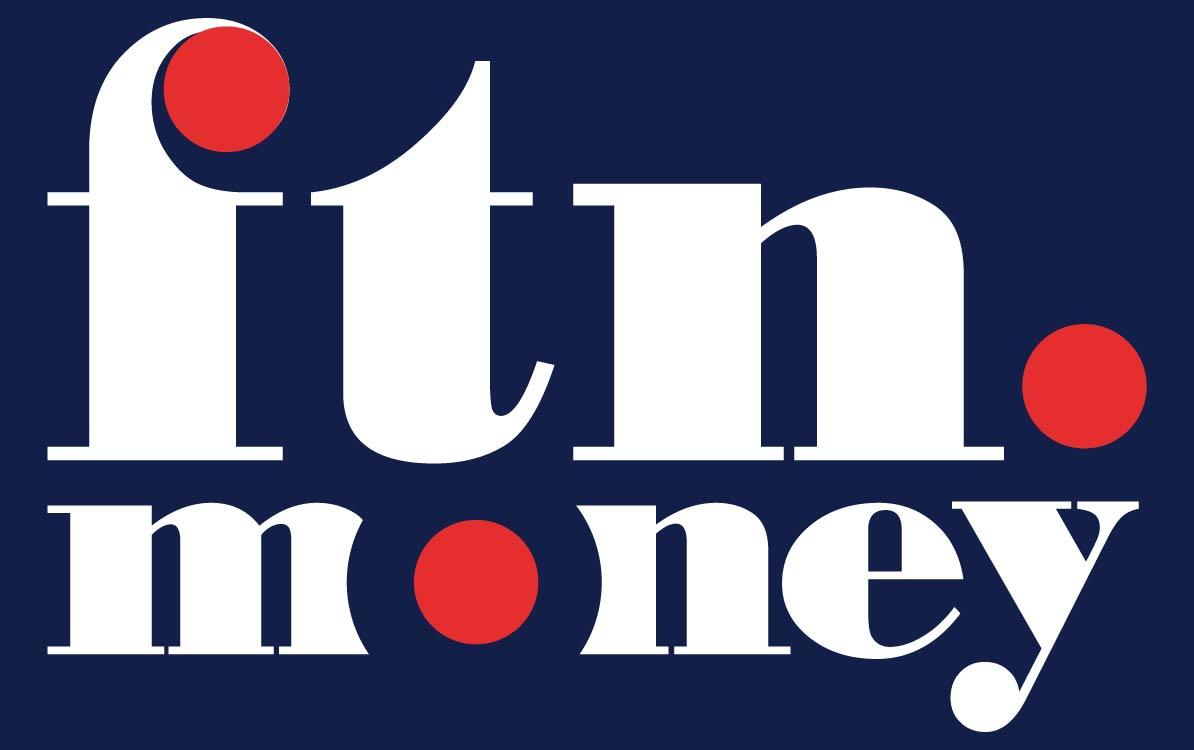Dubai’s Rise as a Global Fintech Powerhouse
Dubai has rapidly transformed into one of the world’s most attractive fintech hubs, rivalling traditional financial centres like London, Singapore, and New York. With its business-friendly regulations, zero corporate tax zones, and strategic position between Europe, Asia, and Africa, the emirate is drawing fintech startups, venture capitalists, and global financial institutions.
The numbers speak for themselves:
- Over 800 fintech firms now operate in the UAE, with Dubai hosting the majority.
- Venture capital funding in MENA fintech reached $2.6 billion in 2023, with Dubai accounting for a significant share.
- The Dubai International Financial Centre (DIFC) alone is home to 500+ financial firms, with fintech being the fastest-growing sector.
But what makes Dubai stand out?

Key Drivers Behind Dubai’s Fintech Boom
1. Pro-Business Regulatory Environment
Dubai’s government has aggressively positioned the city as a fintech leader through:
- Regulatory Sandboxes: The DIFC’s Fintech Hive and ADGM’s (Abu Dhabi Global Market) regulatory lab allow startups to test innovations without full licensing burdens.
- Zero Corporate Tax: Unlike London or Singapore, Dubai imposes no corporate tax in free zones, a major draw for startups.
- Crypto-Friendly Policies: Dubai’s Virtual Assets Regulatory Authority (VARA) provides clear guidelines for blockchain firms, unlike the regulatory uncertainty in the US or Europe.
“Dubai’s approach is about balancing innovation with oversight—something many Western hubs struggle with.” — Arif Amiri, CEO of DIFC Authority
2. Access to Capital and Venture Funding
- MENA fintech funding grew by 32% YoY in 2023, with Dubai-based firms like Tabby (
- 1.6Bvaluation)∗∗and∗∗Sarwa(
- 1.6Bvaluation)∗∗and∗∗Sarwa(75M raised) leading the charge.
- Sovereign wealth funds (Mubadala, ADQ) and accelerators (DIFC Fintech Fund, Shorooq Partners) actively invest in early-stage fintechs.
3. Strategic Location and Market Access
- Dubai sits at the crossroads of Europe, Asia, and Africa, giving fintechs access to over 2 billion consumers.
- The UAE’s high smartphone penetration (90%) and digital banking adoption (60%) create fertile ground for fintech solutions.
4. World-Class Infrastructure and Talent Pool
- The DIFC Innovation Hub and Dubai Future District attract top fintech talent.
- 30% of MENA’s fintech workforce is based in the UAE, with competitive visa policies for skilled professionals.

How Dubai Compares to Other Global Fintech Hubs
| Factor | Dubai | London | Singapore | New York |
| Corporate Tax | 0% (Free Zones) | 19-25% | 17% | 21% |
| Regulatory Sandbox | Yes (DIFC, ADGM) | Yes (FCA) | Yes (MAS) | Limited |
| VC Funding (2023) | $1.2B+ | $4.5B | $3.1B | $12B |
| Crypto Regulation | Clear (VARA) | Evolving | Supportive | Hostile (SEC) |
Dubai’s tax advantages and regulatory clarity give it an edge, though it still trails in total VC funding compared to Silicon Valley or London.
Challenges and Risks in Dubai’s Fintech Ecosystem
Despite its strengths, Dubai faces hurdles:
- High Operational Costs: Office rents and living expenses are steep, though still below London or New York.
- Competition from Saudi Arabia: Riyadh is emerging as a rival, with $1.3B in fintech investments in 2023.
- Regulatory Complexity: Some fintechs report slow licensing processes compared to Singapore.

The Future of Fintech in Dubai
With initiatives like:
- Dubai Economic Agenda (D33) – Aiming to double GDP by 2033, with fintech as a key pillar.
- Expansion of Digital Banking – Wio, Zand, and Al Maryah Digital Bank leading the charge.
- AI & Blockchain Integration – Dubai’s push into Web3 and AI-driven finance sets it apart.
“In five years, Dubai could surpass Singapore as Asia’s fintech gateway.” — Noah Raford, Futurist & UAE AI Advisor
Conclusion: Is Dubai the Ultimate Fintech Hub?
Dubai’s mix of zero taxes, regulatory foresight, and access to capital makes it a top choice for fintech firms. While challenges remain, its trajectory suggests it will soon rival the world’s leading financial centres.
For investors and entrepreneurs, the message is clear: Dubai is where fintech’s future is being built.



